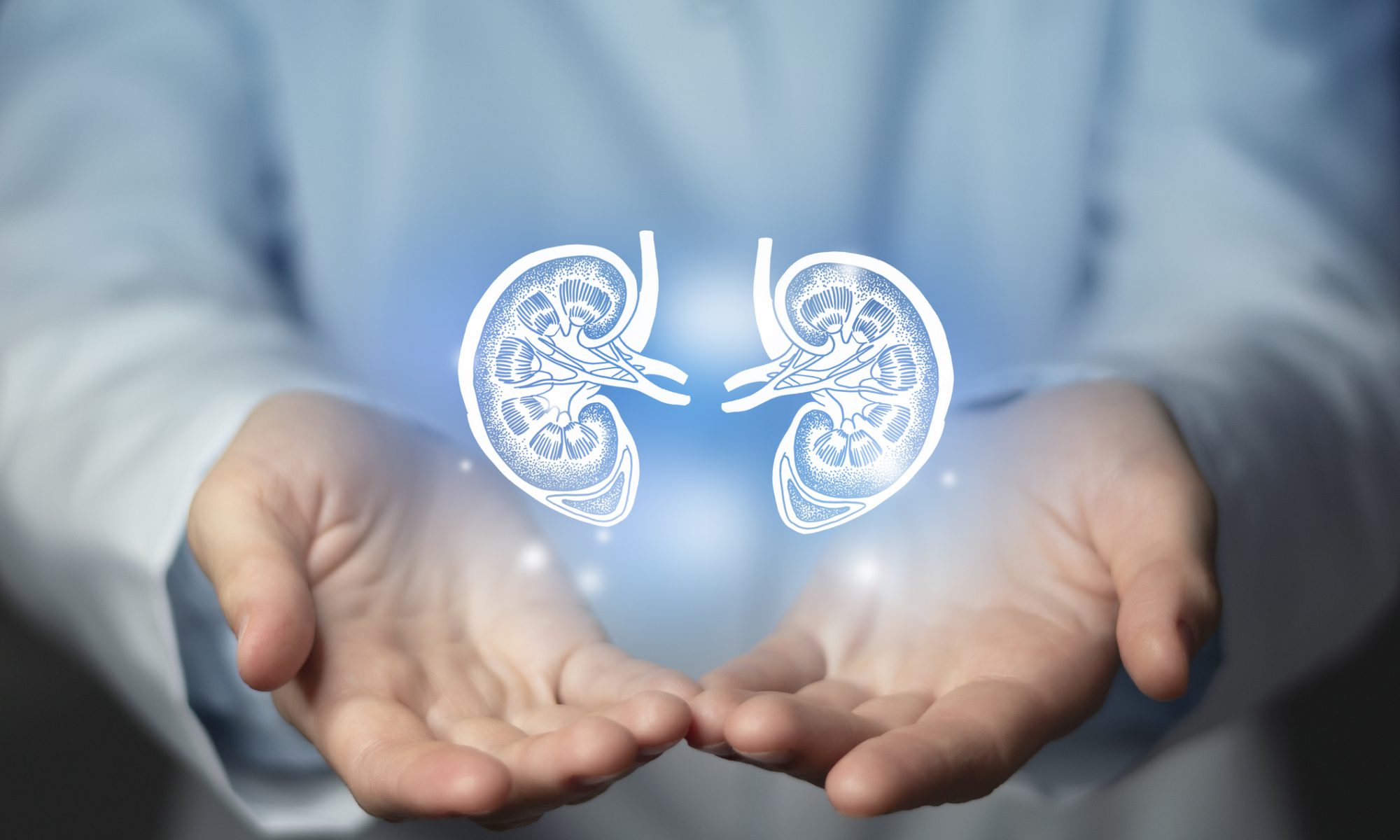By Jake Remaly
Sara Kathryn Smith, MD, knows better than most that studying pediatric organ transplant recipients in adulthood can be a challenge.
Smith, the medical director of pediatric liver transplantation at Johns Hopkins Children’s Center in Baltimore, is a transplant recipient herself.
“Following somebody 20, 30 years after a liver transplant when they are out there running their life and having no issues at all, it is hard to convince them to come back every month for labs,” Smith said. Read the full article in Medscape.









